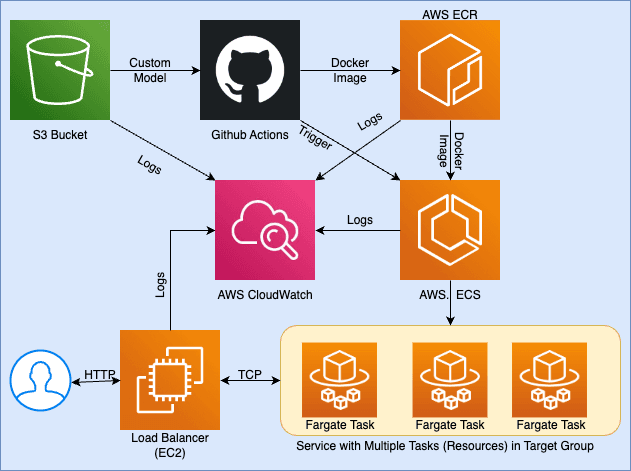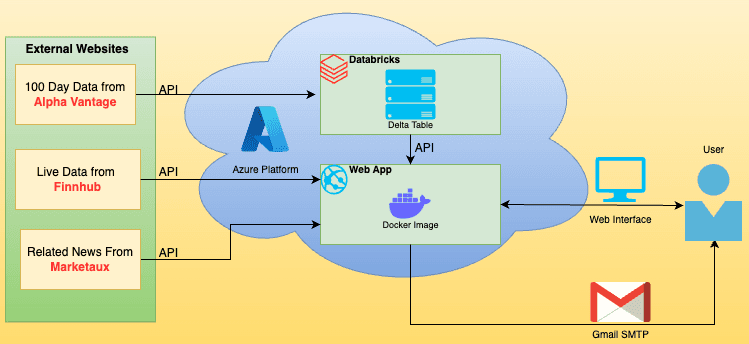My Projects
A collection of my documented AI/ML projects

LLM-Powered Data Analytics Agent
For this healthcare analytics MS capstone project, multiple LLM system design approaches—including RAG and MCP-based patterns—were explored to evaluate their fit for clinical data analysis before narrowing the implementation to a more reliable, lower-complexity architecture. The final system delivers an LLM-powered analytics agent for end-to-end clinical data analysis, combining a Python-based data processing pipeline, dual-model validation/consensus architecture, and a Streamlit frontend to support the workflow from data intake to guided querying and analysis. The implementation emphasizes structured orchestration through a dictionary-based framework, tool/function-based execution patterns, and logging/monitoring to improve consistency, traceability, and output reliability over free-form generation—reducing analysis turnaround for clinical staff from months to minutes

Diabetic Retinopathy Classification
Built a diabetic retinopathy image-classification project that tests how different image preprocessing methods (cropping, color normalization, and enhancement) affect model performance across retinal datasets. The pipeline uses EfficientNet-B0 on resized fundus images, with experiments for preprocessing, augmentation, validation, and cross-dataset evaluation. It also includes reproducible workflow tooling (environment setup + GitHub Actions CI for linting/formatting) and AWS S3 utilities for handling large image datasets. The project focuses on improving the robustness and transferability of diabetic retinopathy detection models

Vision + LLM based Cloud Food App
Built a production-style vision + LLM web app that identifies a food item from an image URL using a custom image classifier, then answers user questions about the detected food by calling a Meta Llama model via the Hugging Face API. The system uses a Streamlit UI with a Python backend and a Rust service for prompt processing, packaged into Docker and deployed on AWS (S3 for model storage, ECR for images, ECS/Fargate behind an EC2 load balancer) with autoscaling plus CloudWatch dashboards/alarms. CI/CD is automated with GitHub Actions, including separate Rust and Python lint/format pipelines and a deploy workflow that builds/pushes images and updates ECS tasks

Real-time Stock Analysis Web App
Built a production-style real-time stock analysis web app that ingests and processes financial market data to deliver market insights and interactive trend visualizations. The system features a Flask backend powered by a daily PySpark (Spark SQL/DataFrame API) ETL pipeline and Delta Lake for reliable, ACID-compliant storage on Azure. The application is containerized with Docker and deployed on Azure Web Apps, utilizing Azure Storage for persistence. CI/CD is fully automated with GitHub Actions, including linting, formatting, unit testing, and a deployment workflow that builds and pushes container images to update the live environment
